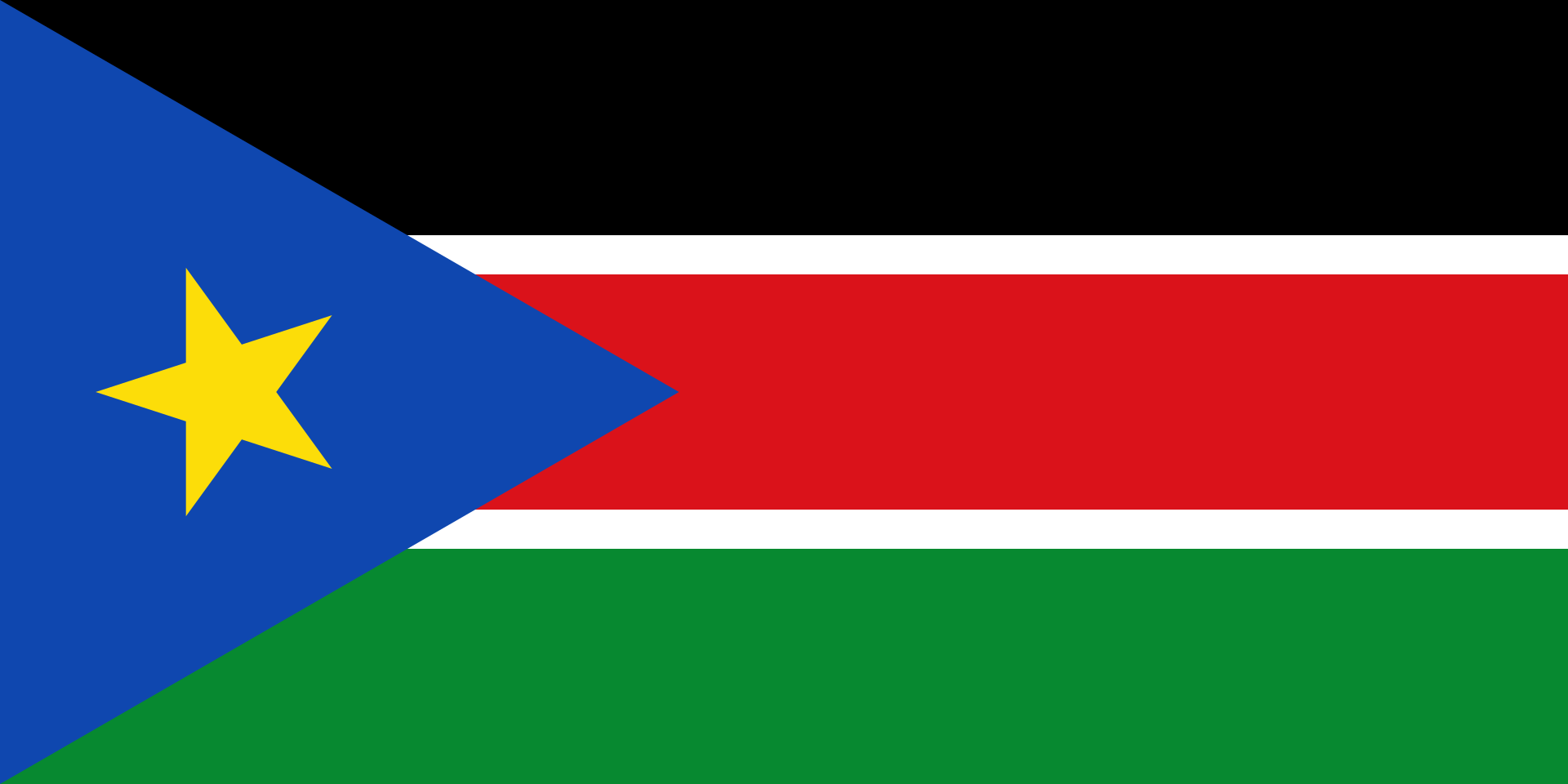Kenya’s 26-year-old climate and environmental activist Elizabeth Wathuti on Friday met His Holiness the Dalai Lama as the world commemorated this year’s Earth Day, an annual event held in more than 193 countries on April 22 to demonstrate support for environmental protection.
Ms Wathuti, who is on a visit to Dharamshala, a city in the Indian state of Himachal Pradesh on the edge of the Himalayas and home to the Dalai Lama, is the founder of the Green Generation Initiative, a non-profit youth led organisation that aims at creating a generation of environmentally conscious individuals by educating and empowering children and communities to love nature.
The initiative runs programmes focused on tree growing in bid to help communities implement nature-based solutions to the climate crisis while simultaneously addressing food insecurity.
“Today I had the great honour of meeting His Holiness the Dalai Lama. I asked @DalaiLama how we can appeal to world leaders to open their hearts, feel the suffering of frontline communities and act urgently to save lives from the worsening impacts of the climate crisis,” she said in a tweet.
On Thursday the climate activist opened the Dialogue for Our Future: A Call to Climate Action conference organized by Dialogue for Our Future, a global platform which aims at calling on leaders to work together and save the earth from runaway climate change in which she shone a spotlight on the devastating climate-driven drought in the Horn of Africa and other climate impacts currently affecting countries across the African continent – saying that compassion and collective action must lead the fight against the climate crisis.
“I was invited to give a keynote address at the Dialogue for Our Future and then have a private audience with the Dalai Lama with other delegates from the conference,” Ms Wathuti told the Nation in an exclusive interview.
The climate activist who is inspired by the late Professor Wangari Maathai while planting trees with local children in the Asian country reminded that no one is too small to make a difference.
“Stockholm +50 spans two of my lifetimes. It should be a moment to reflect honestly on what has been achieved for all those years. We have an opportunity to stop sidelining and subsidizing the destruction of nature. We also need to put in place policies that protect and restore nature.
I look forward to an outcome that puts an urgent focus on the protection and restoration of our natural systems. An outcome that will not threaten our own survival and commit a gross injustice against future generations who will inherit the mess we leave behind,” she told the Nation.
Multilateral environmental action
“Stockholm+50: a healthy planet for the prosperity of all – our responsibility, our opportunity” (Stockholm+50) will take place five decades after the 1972 United Nations Conference on the Human Environment.
The event will provide leaders with an opportunity to draw on 50 years of multilateral environmental action to achieve the bold and urgent action needed to secure a better future on a healthy planet,” the United Nations explains on its official website while announcing that the main event will take place between June second and third this year though other related side events will officially commence on 31st May 2022.
“When we talk about urgent action, we are talking about the present needs of the most impacted. People need food, water, shelter and a livable planet. But that is threatened by rising climate impacts such as droughts, and extreme floods.
The current drought across East Africa for instance will push approximately 25 million people into extreme hunger by July.
In addition to stopping investments in fossil fuels, we also need real and tangible solutions that protect and restore nature.
Wealthier nations that have contributed the most to historical emissions must also honor their climate finance pledges to support developing countries,” Ms Wathuti urged. By Leon Lidigu, Daily Nation











